Pediatric Spine Surgery: Common Conditions and Treatment Approaches
In the realm of pediatric spine surgery, early intervention and expert care are paramount to address common conditions that impact the spinal health of children.
Dr. Vignesh Pushparaj, a distinguished pediatric spine surgeon in Chennai, is at the forefront of providing specialized care to young patients.
This comprehensive guide delves into the prevalent pediatric spine conditions and the treatment approaches available, with a particular emphasis on scoliosis surgery in children.
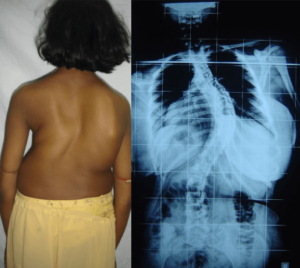
Understanding Spine Disorders in Children
Pediatric spine surgery is a highly specialized medical discipline focused on diagnosing and treating spinal disorders in children. Given the intricacy of these cases, it is crucial to rely on experienced professionals like Dr. Vignesh Pushparaj for effective management.
The Role of Pediatric Spine Surgeons in Chennai
Dr. Vignesh Pushparaj is a prominent figure in the domain of pediatric spine surgery in Chennai, offering extensive expertise and experience in managing various spinal conditions in children to ensure their overall well-being and quality of life.
Common Pediatric Spine Conditions
Scoliosis
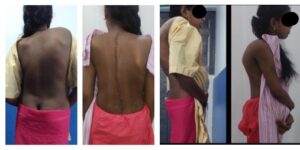
Scoliosis stands as one of the most common pediatric spinal conditions, characterized by an abnormal lateral curvature of the spine. Dr. Vignesh Pushparaj, a leading specialist in scoliosis surgery for children, provides comprehensive insights into this condition:
Causes of Pediatric Spine Conditions
Pediatric spine conditions encompass a range of disorders that affect the spinal health of children. Understanding the underlying causes of these conditions is crucial for early diagnosis, intervention, and effective treatment.
We’ll explore some common causes of pediatric spine conditions, shedding light on the factors that can lead to spinal issues in children.
- Genetics
Genetics plays a significant role in the development of various pediatric spine conditions. Some children may inherit a genetic predisposition to spinal disorders, making them more susceptible to issues like scoliosis, kyphosis, or spinal deformities.
It’s not uncommon for spinal conditions to run in families, highlighting the importance of early screening and monitoring if there is a family history of such issues.
- Congenital Abnormalities
Congenital abnormalities are conditions that occur during fetal development. These anomalies can affect the formation of the spine, leading to conditions like spina bifida, where the spinal column fails to close properly, potentially causing nerve damage.
Early detection and intervention are crucial in managing congenital spinal issues.
- Neuromuscular Conditions
Certain neuromuscular conditions can result in spinal deformities in children. Conditions like muscular dystrophy or cerebral palsy can affect muscle tone and balance, potentially leading to spinal curvature or misalignment.
Expert care from pediatric spine specialists is vital in managing these cases.
- Injury or Trauma
Accidents and injuries, although less common, can result in pediatric spine conditions. Trauma to the spine, such as fractures or dislocations, can lead to long-term issues if not promptly addressed.
Proper assessment and treatment are essential in the aftermath of spinal trauma to prevent lasting consequences.
- Idiopathic Causes
In many cases, the exact cause of pediatric spine conditions remains unknown and is categorized as idiopathic. Scoliosis, for example, is often labeled as idiopathic when no specific cause can be identified.
Idiopathic conditions require careful monitoring and individualized treatment plans to manage the condition and its potential progression.
- Metabolic and Nutritional Factors
Nutritional deficiencies or metabolic disorders can sometimes impact the development of the spine in children. Adequate nutrition and addressing metabolic issues are essential to support the healthy growth of the spine and overall skeletal system.
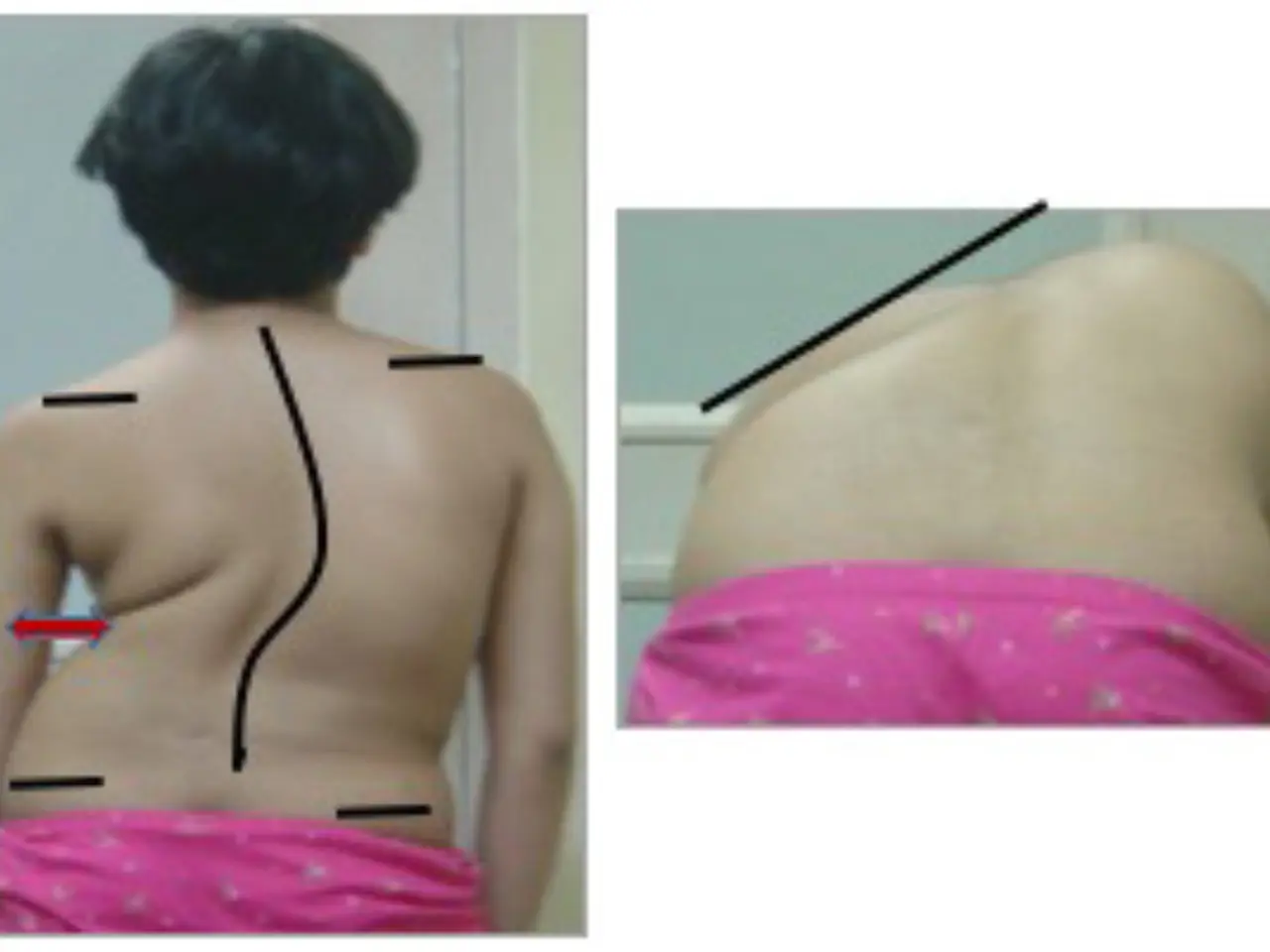
Symptoms of Pediatric Spine Conditions
Pediatric spine conditions encompass a spectrum of disorders that can impact the spinal health of children. Recognizing the symptoms of these conditions is vital for early diagnosis and prompt intervention, as it allows healthcare professionals and parents to address the issues effectively.
We will explore the common symptoms associated with pediatric spine conditions.
- Back Pain
Back pain is one of the most frequent and recognizable symptoms of pediatric spine conditions. Children experiencing persistent or recurrent back pain should be evaluated by a healthcare professional, as it can be an early sign of various spinal issues, including scoliosis or herniated discs.
- Abnormal Spinal Curvature
One of the hallmark symptoms of pediatric spine conditions is the presence of an abnormal spinal curvature. For instance:
- Scoliosis: Children with scoliosis may exhibit an asymmetrical appearance of the back, with one shoulder or hip higher than the other, causing the spine to curve sideways.
- Kyphosis: Kyphosis leads to an exaggerated forward rounding of the upper back, giving a hunched appearance.
Breathing Difficulties
Severe cases of scoliosis can affect the chest cavity and lung function, leading to breathing difficulties. Children with advanced scoliosis may experience shortness of breath or reduced lung capacity.
- Uneven Shoulders or Hips
Uneven shoulders and hips are often observable signs of spinal issues in children. When a child stands or walks, asymmetry in the shoulders or hips may become apparent, indicating the presence of a spinal problem.
- Visible Spinal Deformity
In some cases, a pediatric spinal condition may lead to a visible spinal deformity, which can be observed when the child is sitting or standing. This can cause physical discomfort and self-esteem issues.
- Muscle Weakness or Numbness
Spinal conditions, such as herniated discs, can compress nerves, leading to muscle weakness or numbness in the arms or legs. These neurological symptoms should be evaluated promptly.
- Difficulty with Mobility
Children with certain pediatric spine conditions may experience difficulties with mobility and coordination. This can affect their ability to participate in physical activities or sports.
- Pain or Discomfort While Sitting or Lying Down
Some children with spinal conditions may experience pain or discomfort when sitting or lying down for extended periods. This can disrupt their daily activities and sleep patterns.
- Reduced Range of Motion
Spinal conditions can limit a child’s range of motion, making it challenging to perform simple tasks or engage in physical activities.
- Changes in Gait
Alterations in a child’s gait or the way they walk can be indicative of an underlying spinal issue. An abnormal gait may result from pain, discomfort, or postural changes caused by the spinal condition.
- Digestive and Bladder Issues
In some instances, pediatric spine conditions can affect the functioning of the nervous system, leading to digestive and bladder issues. Children may experience problems with bowel or bladder control.
Recognizing these symptoms and seeking prompt medical attention is essential for early diagnosis and intervention.
Pediatric spine specialists, like Dr. Vignesh Pushparaj, play a crucial role in evaluating these symptoms, conducting thorough assessments, and developing tailored treatment plans to address the specific needs of each child.
Early intervention can help improve a child’s spinal health and overall quality of life.
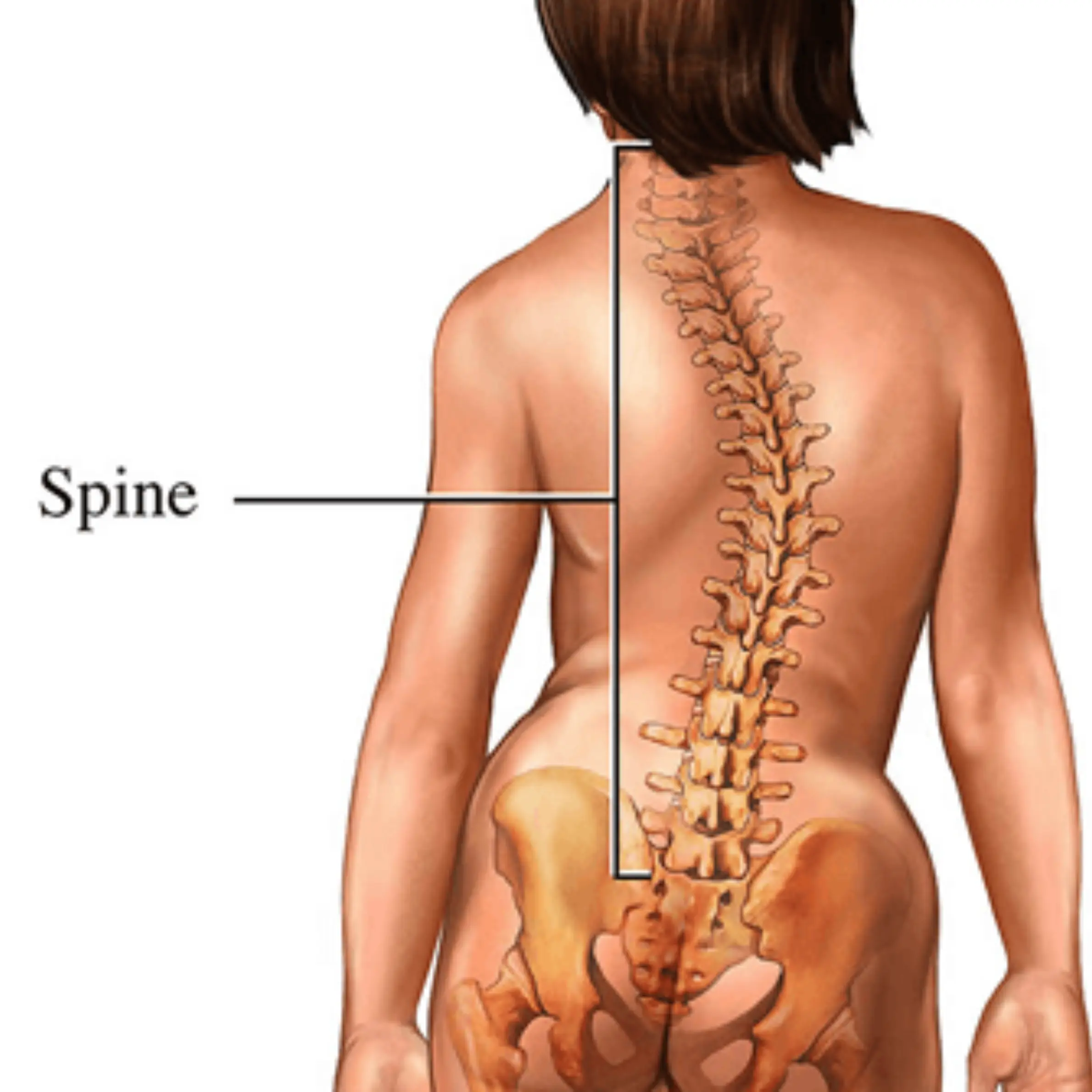
Diagnosis and Evaluation
Accurate diagnosis is fundamental for devising effective treatment plans. Dr. Vignesh Pushparaj employs advanced diagnostic tools, such as X-rays, MRI scans, and thorough physical examinations, to evaluate the extent and severity of scoliosis in children.
Non-Surgical Treatment
In milder cases, non-surgical approaches may be recommended, including:
- Orthotic bracing to prevent further curvature.
- Physical therapy to enhance strength and flexibility.
- Observation to monitor progression.
Surgical Intervention
Severe scoliosis often necessitates surgical intervention. Dr. Vignesh Pushparaj is well-versed in various surgical techniques, such as:
- Spinal fusion to correct curvature.
- Instrumentation to stabilize the spine.
- Minimally invasive procedures to reduce recovery time and post-surgical impact.
Conclusion:
In conclusion, Dr. Vignesh Pushparaj and his expert team of pediatric spine surgeons in Chennai are dedicated to providing the highest level of care for children with spinal conditions.
They emphasize early diagnosis and intervention as the key to addressing these conditions.
Parents can trust in Dr. Vignesh Pushparaj commitment to pediatric spine surgery for children, knowing that a brighter and healthier future is just one surgery away.
Call to Action
If your child is dealing with spinal issues, don’t hesitate to reach out to Dr. Vignesh Pushparaj and his team of pediatric spine surgeons in Chennai. Expert care and a brighter future for your child are within reach.
Contact us today to schedule a consultation and take the first step toward your child’s improved spinal health.

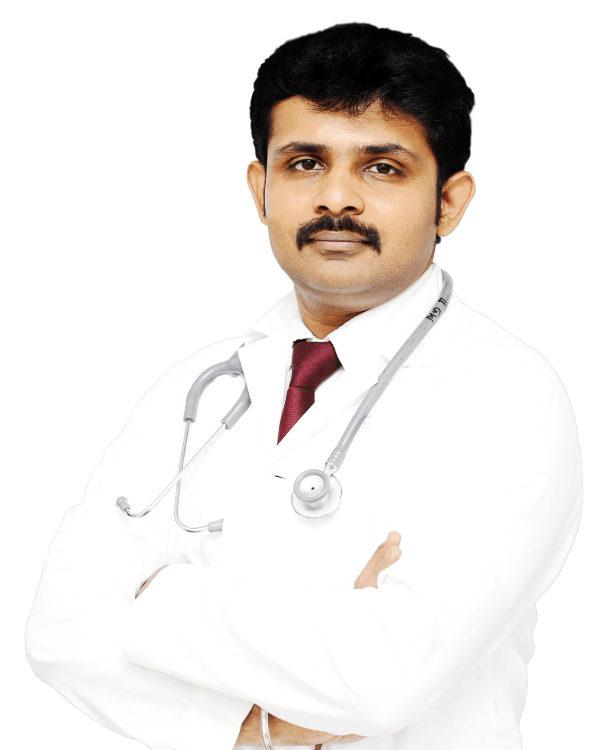

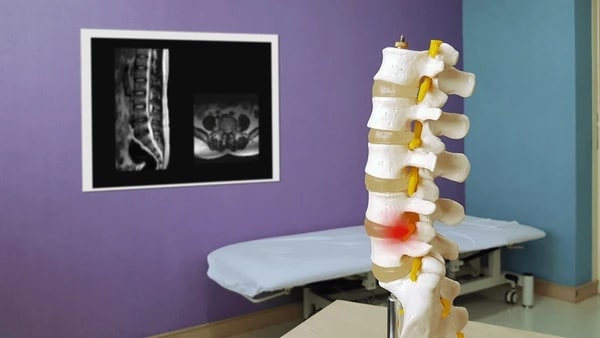


0 Comments